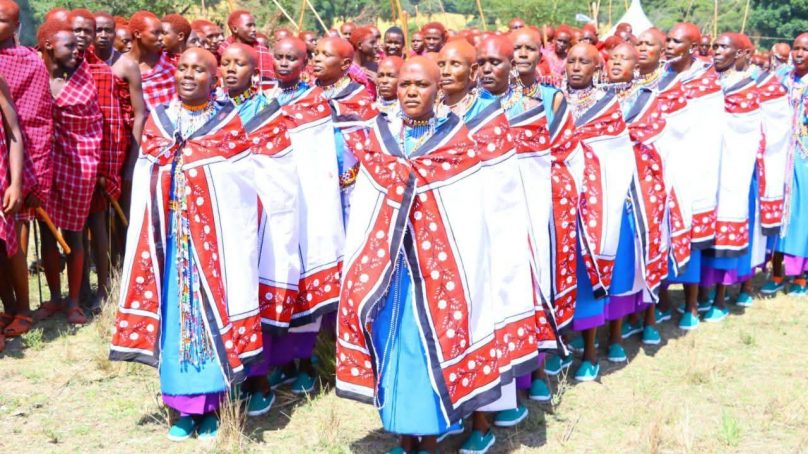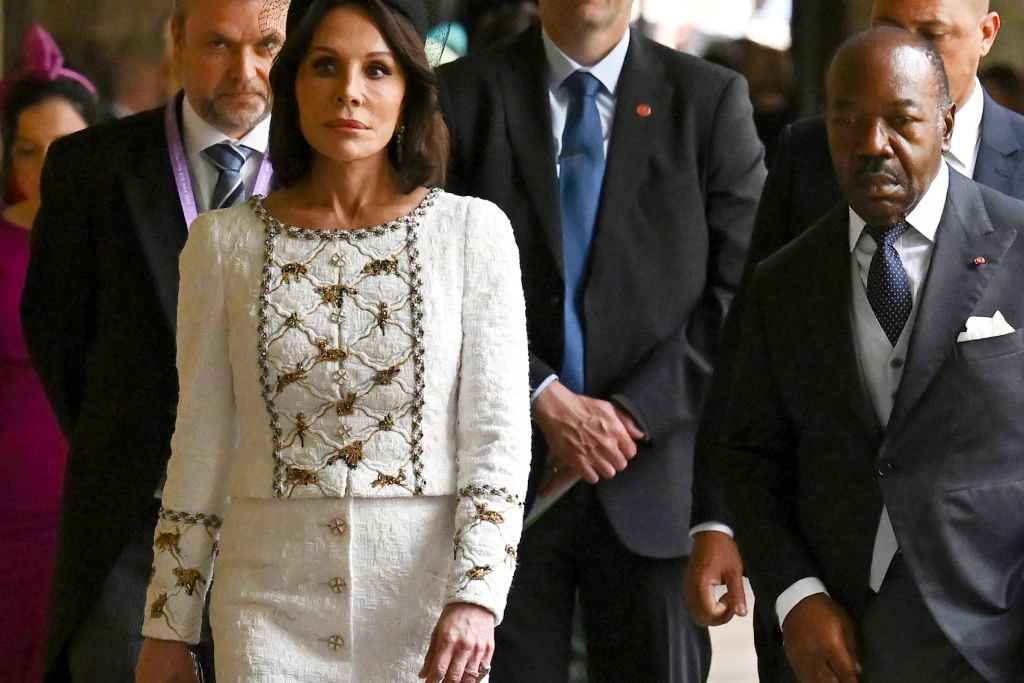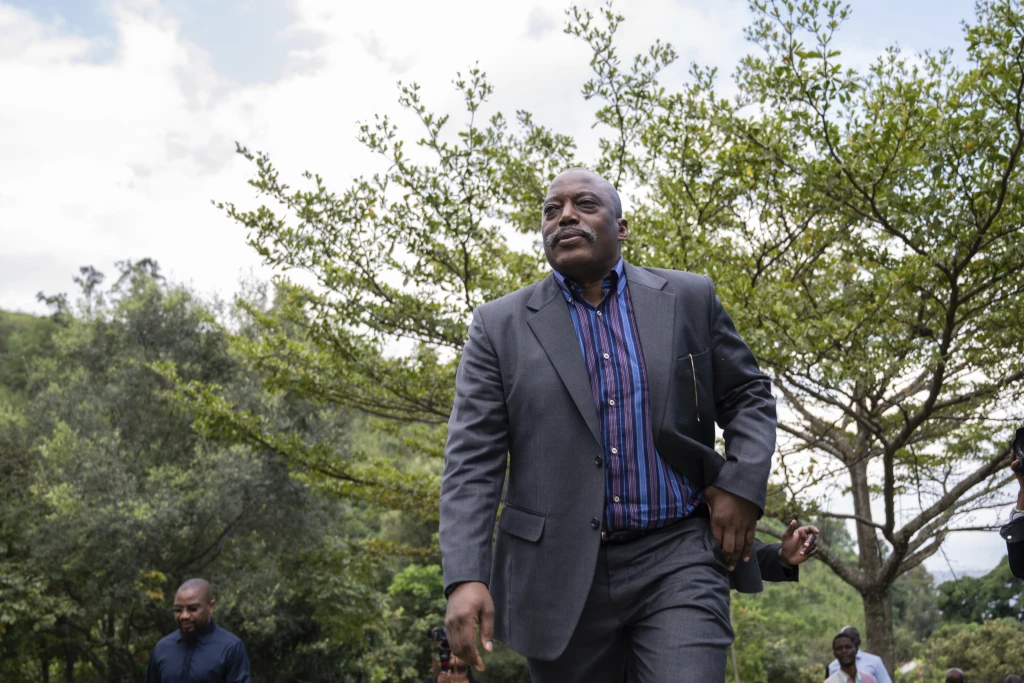
Maa community – one of Kenya’s indigenous renowned worldwide for their cultural puritanism – is now embracing education as one of the ‘keys to success’ after years of championing moranism, early marriages and female genital mutilation (FGM) all of which adversely impacted education.
Both women and men have changed their aversion for Western education and are now championing the education of both girls and boys so that they can become professionals in future.
This is after numerous campaigns by both the government and non-governmental agencies that have been sensitising the residents on the advantages of embracing education.
A section of Narok County residents who attended a homecoming party in Mosiro Ward for Joel Lesaloi, a master of economics graduate from Maasai Mara University, which was also attended by Narok Governor, Patrick Ntutu and Narok Women Representative Rebecca Tonkei, spoke in praise of education as a launch pad for infinite openings to careers.
Pastor Salaash ole Kiyiapi praised education saying if one person is educated in the village, the whole village benefits as that person influences economic and social development, the two areas in which the Maasai still lag behind compared to the rest of Kenya.
He noted that unlike land and livestock that are easily sold out and the family left poor, education is a permanent investment that a person enjoys in his or her entire life.
“Land can be sold off but education remains. This is the best inheritance that any parent can give to their children in modern society,” he reiterated.
Pastor Kiyiapi observed that cultural practices like moranism was good as it prepared young men to be responsible people in the society but reiterated that the culture is not profitable in the modern days if the men do not get educated.
“I did not attend school because my parents did not know the meaning of education. But I have made up my mind that I will invest in my children’s education and encourage them to get to the highest level that they can manage,” he said.
Vivian Kamoye called on the society to shun retrogressive cultural practices like early marriages and FGM, saying such culture hinder girls from performing at their best while in school.
“Teenage pregnancy, early marriages and FGM is now a thing of the past. This is what prevented most of us from going to school. But in the modern world, we want to educate our children so that they can be professionals like children from other communities,” she said.
Elizabeth Nkadado, a mother of six and a resident of Mosiro ward appealed to children to be committed in their studies, saying parents were sacrificing a lot to ensure they were educated. She condemned teenage pregnancy and instead asked girls to concentrate on their studies in order to become professionals in future.
“It is painful when you take a girl to school and she comes home pregnant. Girls should be careful not to be lured by young men with selfish interest. They should instead concentrate on their class work,” she added.
Tabitha Lesaloi, a mother of three, and an employee of Narok County government admitted that education among the Maa community is a challenge since the society gave precedence to traditions and norms.
However, she said, things have changed and the society is now embracing education as many children in the school-going age are now in school.
“I was married at a tender age but returned to complete my high school ten years after dropping out of school. I am now in my third year pursuing a degree in Sociology. I want to be a role model in my society,” Lesaloi said.
She called on girls who had dropped out of school because of pregnancy not to give up on education, instead go back to school and learn.
“Being a mother is not a barrier to school. Even mothers go back to school. We have seen mothers performing very well in national examinations,” she noted.
James Tankile, a Maasai Mara University student encouraged teenagers to put more effort in education saying the world today depends on education.
“Our area is dry and during long dry spells, many livestock die leaving many families with no source of income. Education will never die no matter the season, you can earn a living from the knowledge you get in class,” he advised.
Narok Woman Representative Rebecca Tonkei who is also a member of the Parliamentary Departmental Committee on Education, said the government invests heavily in education because of the many benefits that come with education.
She lauded the Maa community for embracing education and reminded the society that it was criminal not to take your child to school.
Governor Ntutu on his part said, the County administration had allocated Ksh450 million in the financial year 2024/2025 as bursary for needy and vulnerable children.
Ntutu reiterated that no child in the county should remain at home because of lack of school fees and called on ward administrators to ensure that all children return to school when schools open next week.
“The government is investing heavily on paying teachers and building school infrastructure. It is unlawful to prevent your children from going to school in this era,” Ntutu said.
- A Tell Media / KNA report / By Ann Salaton







